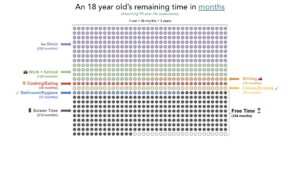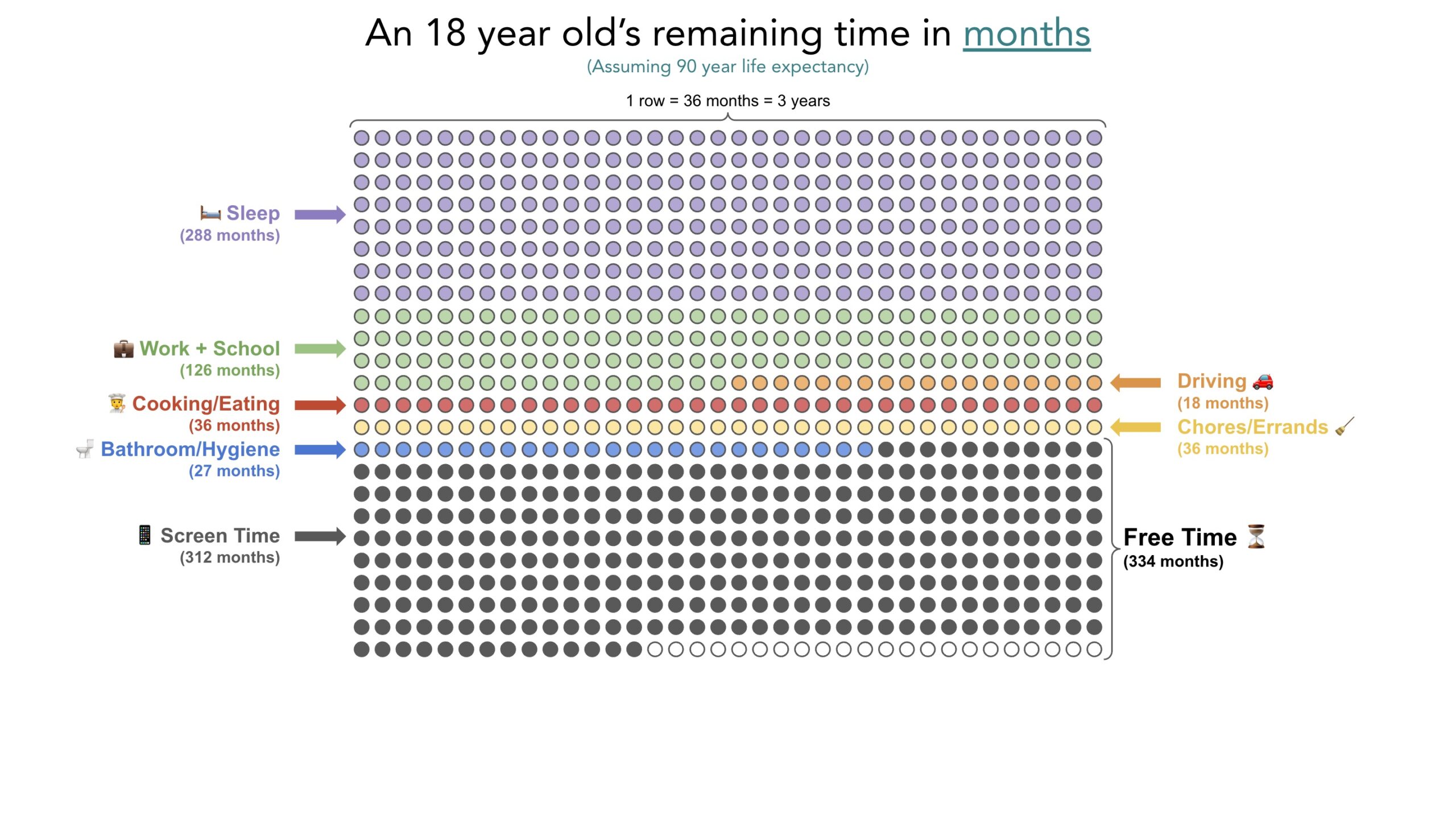TikTok, the short form video platform released in 2016, not only hooks young people, but actually rewires their brains through neuroplasticity. This past month, Lick-Wilmerding students were introduced to Project Reboot, the organization designed to steer teenagers and young adults towards informed and intentional social media use.
Carrie Maslow, who teaches Psychology: Brain and Behavior at Lick-Wilmerding High School, explained the neurology behind TikTok addiction and its correlation to lack of attention span. Neuroplasticity is the unique ability of the human brain where it adapts based on external stimuli, and rewires and heals if its injured. “It’s the idea that by having a certain thought or certain behavior repeatedly, the idea gets solidified into the pathways in the brain,” she said. Scrolling on TikTok becomes what Maslow calls a “pleasure loop,” which isn’t easily replicated in off-screen activities. “The brain gets accustomed to a pleasure loop that’s quite short and it’s often hard to revert,” she said.
In an effort to combat the effects of the pleasure loop on a student’s capacity to learn and engage in class and homework, University of California, Berkeley graduate Dino Ambrosi founded Project Reboot. The organization sends representatives to schools to educate students on the negative effect of overusing devices. They provide tips and resources for students to engage in a “digital detox,” or the limiting of social media use. LWHS’s class of 2023 participated in a Project Reboot trial and responded positively, leading admin to implement the detox for the whole student body this past month.
According to Ambrosi, the average U.S. teen spends around 8 hours and 39 minutes on social media per day. Because the human brain is so prone to adapting constantly, especially in youth, the effects of scrolling for hours and hours are easily ingrained into these young minds. Neuroplasticity allows for the brain to continuously rewire itself. As the human brain ages, its habits become more concrete, leading to potential long-term consequences as seen in the case of teens using TikTok. If the brain becomes accustomed to a new dopamine rush every 15-30 seconds, or the average length of a TikTok video, that expectation carries over to daily life.

According to an article written by the Brown University School of Public Health, almost half of TikTok’s audience are under 34 and ⅓ of TikTok user accounts are teenagers. As a large portion of the LWHS community are active TikTok users, it is important that everyone has sufficient information to make their own choices surrounding the app.
Many students have observed a decrease in ability to focus since joining the app. “I have noticed that my attention span has become really short since the pandemic. I think it’s partly because of the lack of productivity during school while in lockdown, but also probably because I’ve spent so much of my time watching short videos on TikTok” Emmie Hou ’24 said. “I think there’s much better uses of my time that aren’t dedicated to a screen.”
In response to these negative effects, schools are trying to prevent the use of social media amongst students from creating issues surrounding focus. Yuka Hachiuma, one of LWHS’s guidance counselors, said the counseling staff began looking into solutions when the teachers noticed an effect on homework. “I think that there was a cumulative effect,” Hachiuma said. “We have this homework policy, and I think teachers are really trying to be mindful of limiting it to whatever the policy is for that grade, but students were just spending so much more time.”
After some investigating, Hachiuma realized that students’ work habits were becoming a problem. “People were multitasking, thinking ‘I’m working on my history, but I keep getting notifications from friends’…two hours later they’re still working on their history,” Hachiuma said. The illusion that multitasking is more efficient than focusing on a singular task is heavily enforced by ongoing access to digital devices and social media.
Santi Cobarrubias ’24 found Project Reboot compelling and decided to make a change in his behavior based on this new information. “Honestly, I spent around an hour on TikTok a day before Project Reboot, and now I spend around five minutes a day,” Cobarrubias said. Project Reboot’s app implementation, Clearspace, encouraged him to wean off TikTok. “I downloaded Clearspace and it made me forget about TikTok entirely,” he said.
Project Reboot has informed LWHS students of the consequences of overusing social media and from there it is the individual’s decision how to use devices with intention. Focus can be affected by more factors than just one, but some of that is within human control. As Maslow said, “We make our habits, and our habits make us.”






